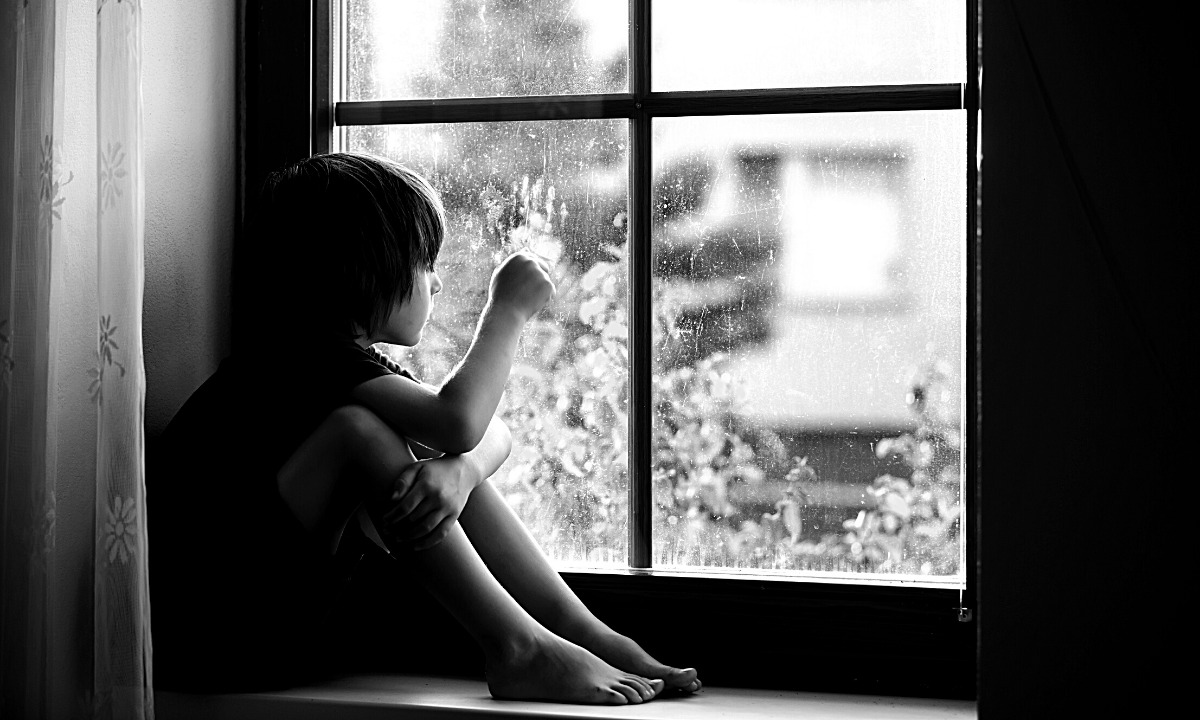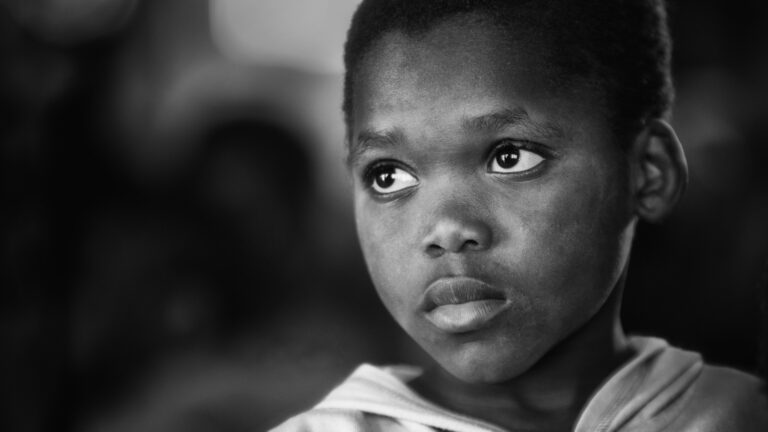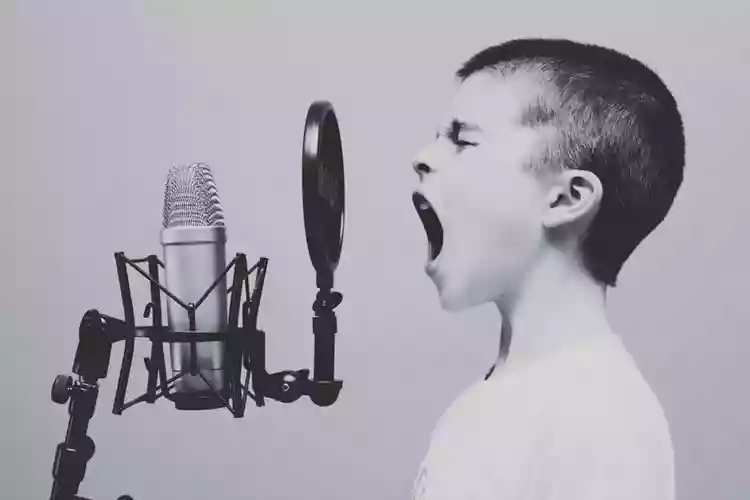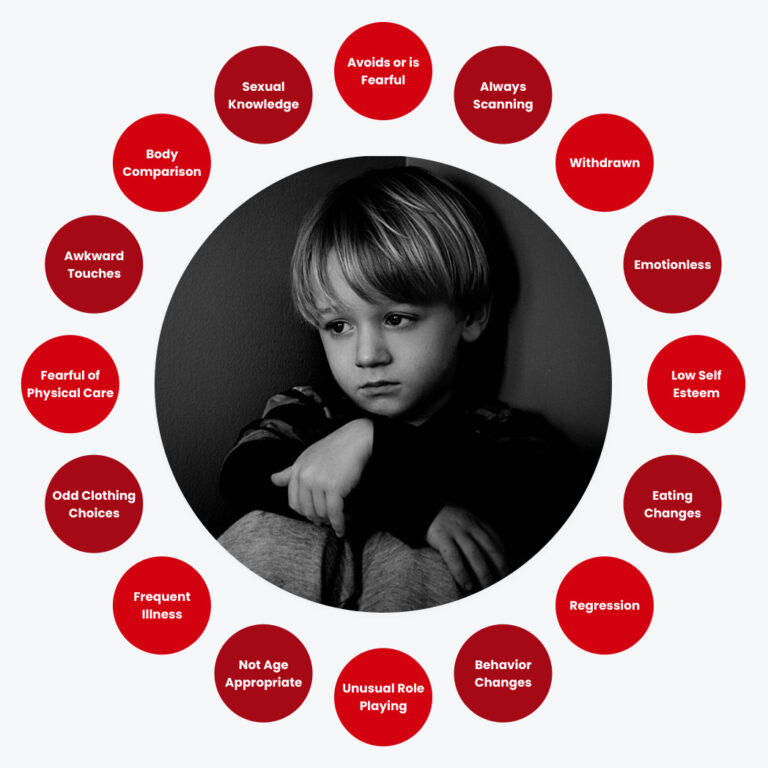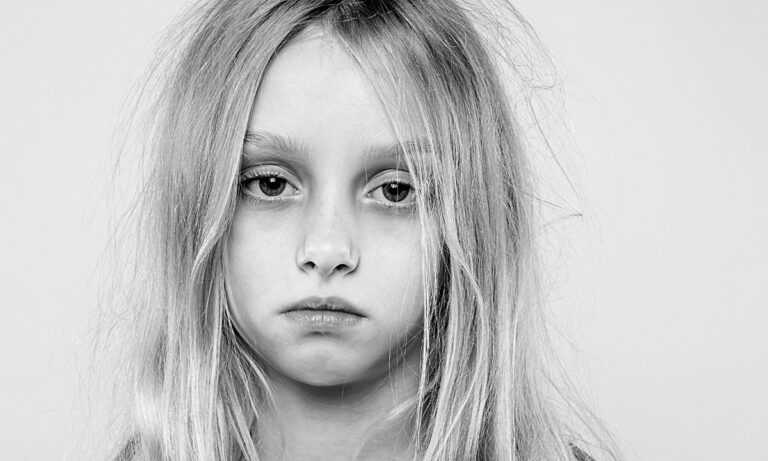What is Emotional Abuse of a Child?
While a single incident may be abuse, emotional abuse is a pattern of behavior that causes damage over time. Psychological abuse damages a child’s sense of self-worth and negatively impacts their emotional and social development. Often, there is great confusion for the child who is experiencing emotional abuse. Emotional abuse is a form of child exploitation. They usually will assume a caring role for their abuser as they are in a situation where they are expected to carry the burdens of adults. In addition to withholding love, the person emotionally abusing the child may also:
Normal
Excessive
Familial Patterns of Emotional Abuse
Emotional abuse can occur in conjunction with other forms of abuse and is one of the most complex forms of abuse to recognize. Despite the devastating effects of emotional abuse, rarely is it considered severe enough to be “dangerous” for a child. Children often remain loyal to their abusers because they are afraid of what will happen if they disclose the abuse or because of their love for the parent/adult. An emotionally abused child also might think that being called names or denied affection is a usual way of life. They might not tell anyone about the abuse because they believe their experiences represent “normal” family behavior.
This information is from our child safety and prevention training Watchful Eye.
How to Identify Exploitation and Abuse
Through our interactive training, Watchful Eye, we simplify how to identify and prevent child exploitation. No matter your skill level, you can learn to recognize behavior patterns and subtle indicators through this life-saving training.
How to Identify Exploitation and Abuse
Through our interactive training, Watchful Eye, we simplify how to identify and prevent child exploitation. No matter your skill level, you can learn to recognize behavior patterns and subtle indicators through this life-saving training.

 Donate
Donate